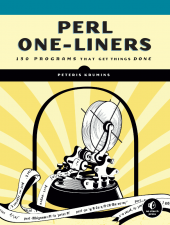I was out sick for a few days this week (Norwalk virus ain’t fun), and so there’s a whole lot of links to follow.
- The History of the Pocket Knife. I link to it because the pictures are pretty, and because a multitool is one of the more useful physical tools you can have. (via)
- “Virtual Machines, JavaScript and Assembler” Scott Hanselman’s keynote at Velocity 2014. I would like the reaction GIF to die out as a presentation tool, but the talk is funny. (via)
- Ooh, a new James Mickens video! This is a sort of antidote to the overoptimistic Scott Hanselman video. Computers are a Sadness, I am the Cure. (via)
- Book review: The Art of Unix Programming.
- Computing Across America.
- Again, not DragonFlyBSD.
- Some interesting thoughts and actions on copyright. I bought the bumper sticker the author’s talking about, directly from him.
- Uh oh.
- Multi-process architectures suck. Yet that’s everything we work on these days. (via)
- The March Towards Go. I keep meaning to sit down and actually try a project in Go. (via)
- UNIX Tricks. Some Linuxisms in there, but oh well. (via)
- Vim as Language. Not a bad description. Related by association: I get tired of seeing the little-avatar-plus-name-plus-job-title that gets stuck on so many blog posts. (via)
- An interview with Damien Conway. He’s a very smart and direct person, so the interview is worthwhile. (via)
- Patching the Newton. Some interesting early history. I remember holding a Newton and saying “This should work like a phone.”
- BOOTSTRA.386 – A Bootstrap theme that will entertain you, or maybe give you painful flashbacks. (via multiple places)
Your unrelated link of the week: The 1987 Crystal Light National Aerobic Championship. Imagine there was no Internet access other than what you can telnet to, and nothing on TV other than this. That’s 1987.



